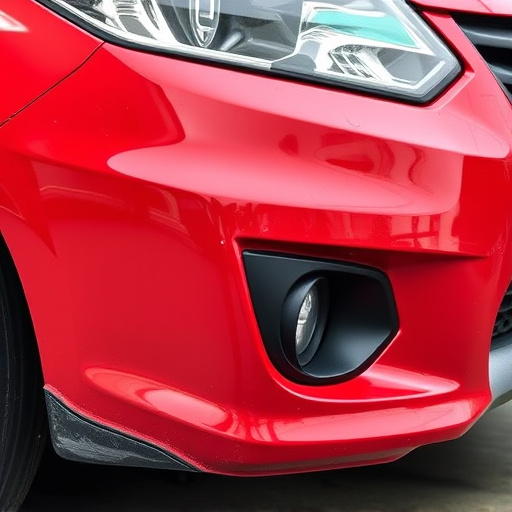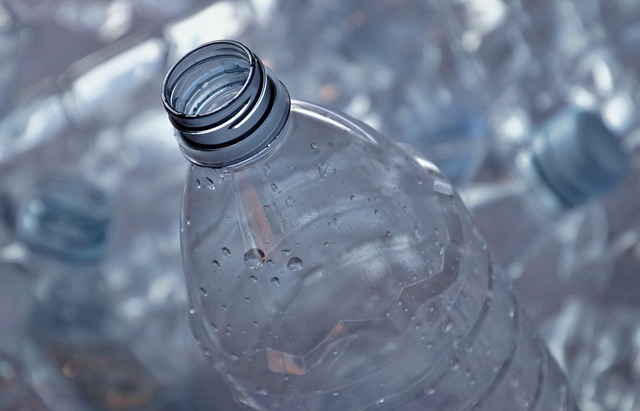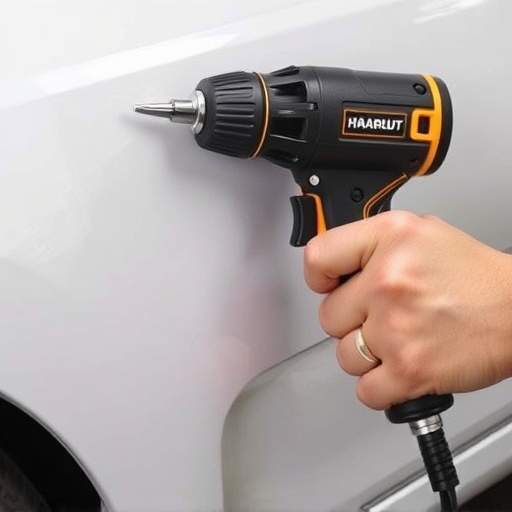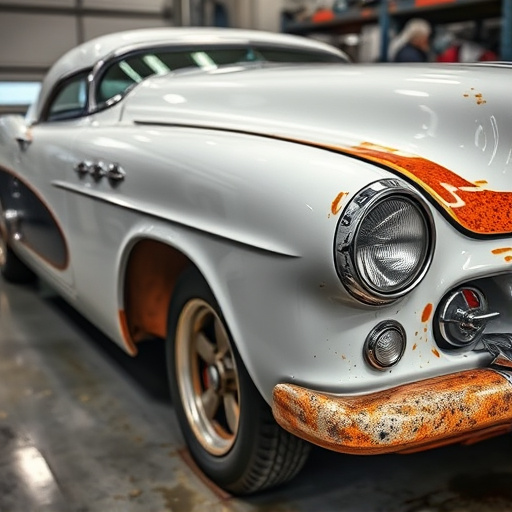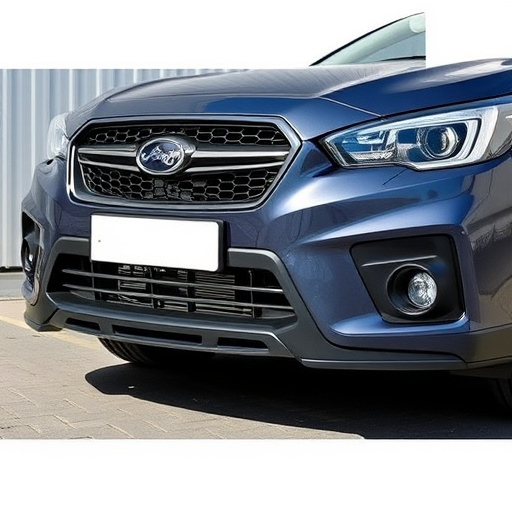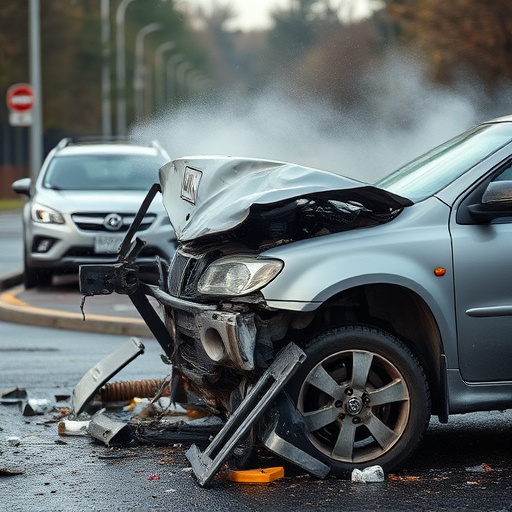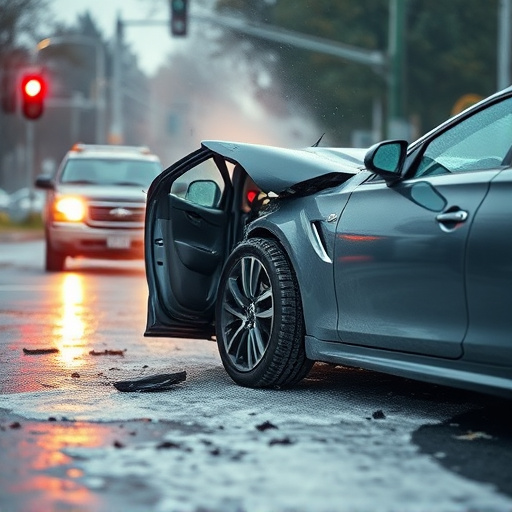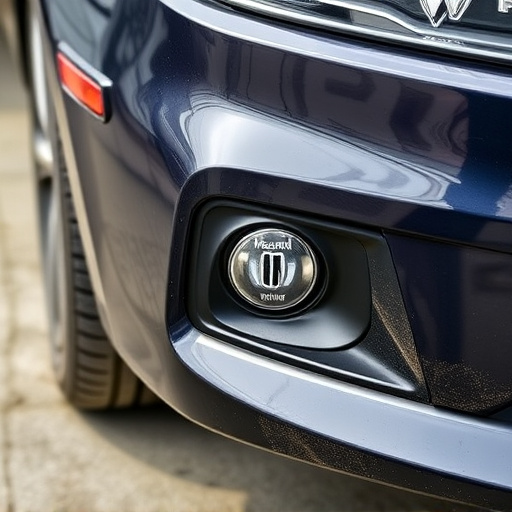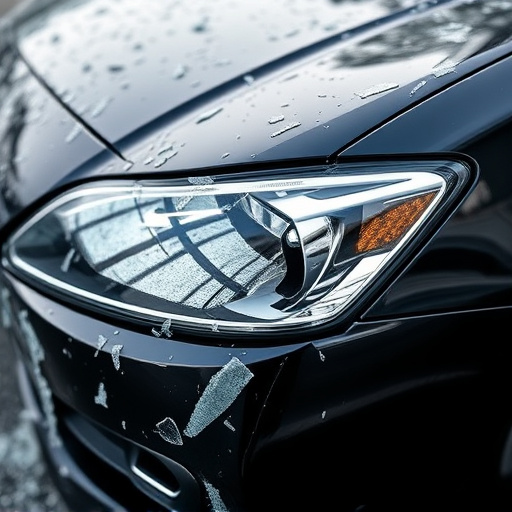Collision repair audits are crucial for dealerships to maintain premium standards, ensure customer satisfaction, and comply with industry regulations. Regular audits rigorously assess facilities, equipment, training, and work quality, aligning with manufacturer guidelines and best practices. Best practices include internal inspections, equipment calibration checks, adherence to specs, proper disposal, record keeping, issue resolution, and continuous staff training.
Collision repair audits are a crucial process for dealerships seeking certification, ensuring they meet industry standards. These rigorous assessments play a vital role in maintaining quality and customer satisfaction. By evaluating repair procedures, equipment, and training, audits safeguard dealership reputation. Understanding the benefits and best practices ensures compliance, fosters trust with clients, and positions dealerships as leaders in collision repair excellence.
- Understanding Collision Repair Audits for Certification
- The Role of Audits in Maintaining Quality Standards
- Benefits and Best Practices for Dealership Compliance
Understanding Collision Repair Audits for Certification

Collision repair audits for certification are a critical aspect of maintaining high standards within the automotive industry, especially for dealerships offering body shop services. These audits ensure that auto glass repair, scratch repair, and other collision-related fixes meet specific quality criteria before a dealership can obtain or renew its certification. The process involves an in-depth review of the shop’s facilities, equipment, training protocols, and, most importantly, the work itself.
By conducting regular collision repair audits, dealerships can guarantee that their staff are adept at providing top-notch body shop services. It also enables them to identify any areas for improvement, ensuring customer satisfaction and maintaining a reputable standing in the market. Moreover, these audits foster a culture of continuous learning and enhancement within the dealership, keeping up with the latest advancements in auto repair technology and techniques.
The Role of Audits in Maintaining Quality Standards

Collision repair audits play a pivotal role in upholding quality standards within dealerships. These comprehensive assessments act as a mirror, reflecting the accuracy and effectiveness of collision repair processes. By regularly conducting collision repair audits, dealerships can ensure that repairs meet manufacturer specifications and industry best practices. This meticulous verification process is essential for maintaining customer satisfaction and dealership reputation.
Moreover, these audits serve as a safeguard against substandard work, including inadequate car scratch repairs or less-than-perfect Mercedes Benz collision repairs. They encourage continuous improvement by identifying areas where enhancements can be made, whether in training, equipment, or workflow optimization. Regular collision repair audits are thus not just a certification requirement but a strategic tool for upholding excellence and delivering top-notch tire services alongside other repair offerings.
Benefits and Best Practices for Dealership Compliance

Collision repair audits are a critical component for dealerships aiming to maintain certification and uphold high standards in their car repair services. These audits offer numerous benefits, ensuring that automotive body work meets industry regulations and safety guidelines. By implementing regular collision repair audit practices, dealerships can identify areas of improvement, enhance customer satisfaction, and streamline operational efficiency.
Best practices involve establishing a comprehensive internal inspection process, where skilled technicians meticulously review every aspect of the repair process. This includes examining equipment calibration, adherence to manufacturer specifications, and proper disposal of hazardous materials. Additionally, maintaining detailed records of audits, addressing identified issues promptly, and providing ongoing training for staff on collision repair procedures are essential for continuous compliance with body shop services standards.
Collision repair audits are indispensable for dealerships seeking certification, as they ensure adherence to quality standards and industry best practices. By systematically evaluating repair processes and outcomes, these audits play a pivotal role in maintaining customer satisfaction and dealership reputation. Embracing collision repair audit best practices not only facilitates compliance but also fosters continuous improvement, ultimately enhancing the overall quality of vehicle repairs.
